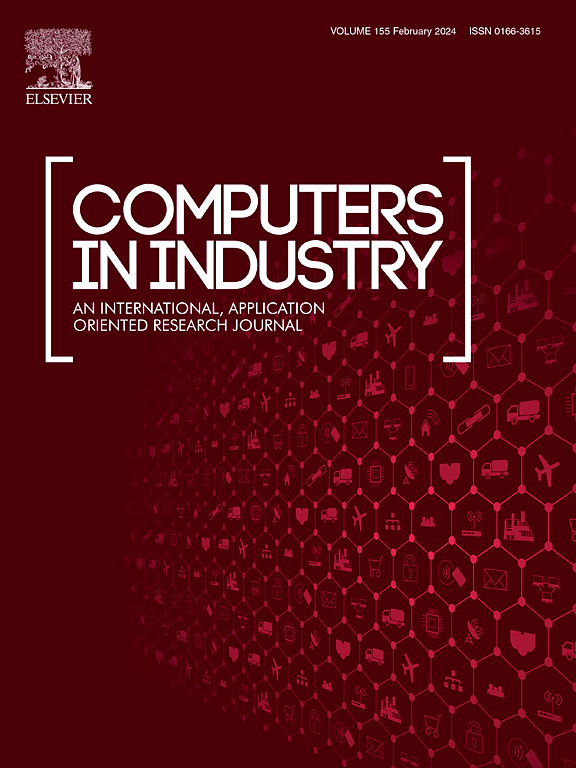In the context of the Fourth Industrial Revolution, a large amount of heterogeneous data and information is generated during the lifecycle of complex products, which poses a considerable challenge for manufacturers and effective knowledge integration. It has been challenging for traditional experience-based design methods to meet the diverse needs of customers and maintain competitiveness in fierce global markets. Capturing, formalizing and reusing multidisciplinary knowledge that is scattered among different departments and stages to help make effective decisions has been a crucial way for digital enterprises to improve manufacturing efficiency. Design for maintenance is typical work requiring cross-domain knowledge and involving stakeholder collaboration. This paper presents a structured domain-specific ontology and its development method, namely, the Maintainability Design Ontology for Complex prOducts (MDOCO), to formalize heterogeneous knowledge and improve semantic interoperability in the maintainability design area. The MDOCO has a rigorous semantic structure and complies with well-designed top-level and middle ontologies such as the Basic Formal Ontology and the Industrial Ontology Foundry (IOF) Core Ontology to ensure semantic interoperability. A set of reasoning rules is carefully designed to enable the MDOCO to perform knowledge reasoning. In a practical case, the effectiveness of the MDOCO is validated at both the semantic and application levels. The MDOCO combines recent methodology and best practices, enabling the well-structured modeling of heterogeneous knowledge and good semantic interoperability.


